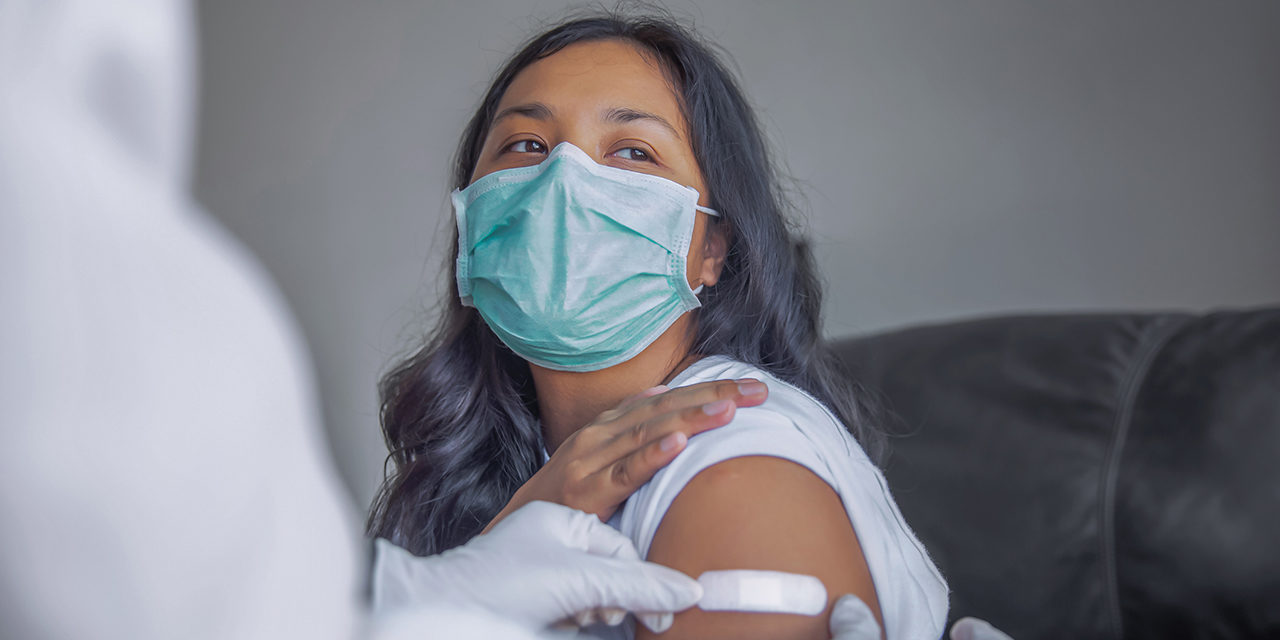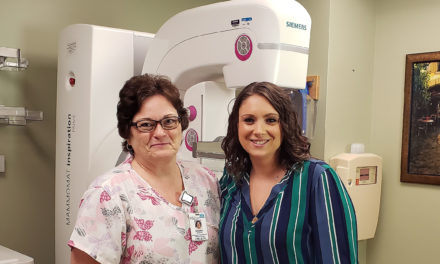With the Omicron variant making its way to WNY, Catholic Health’s Medical Director of Infection Prevention, Dr. Kevin Shiley addressed many of the common questions we receive to help people understand the benefits of vaccine boosters. Here’s what you need to know.
Who should get a booster (by original vaccine)?
Moderna: Anyone 18 or older should get a booster if they received the vaccine more than 6 months ago, regardless of risk factors.
Pfizer: Anyone 16 or older should get a booster if they received the vaccine more than 6 months ago, regardless of risk factors.
Johnson & Johnson: Anyone 18 or older should get a booster if they have received the vaccine more than 2 months ago, regardless of risk factors.
Can I get a different COVID vaccine than my original vaccine (“mix and match”)?
For people who received Moderna or Pfizer, it’s preferred to receive the brand you had originally, but mixing with another brand is permitted. Johnson & Johnson recipients can get a J&J booster, however medical evidence suggests getting a Moderna or Pfizer may provide longer lasting and more robust immunity.
Why are booster shots recommended?
We need higher levels of antibodies to protect against newer strains of COVID-19 (Delta, Omicron). As time passes, the concentration of protective antibodies declines to levels that newer strains may be able to bypass. Boosters push these antibody levels back up to help protect you.
If I had COVID-19 do I need to get vaccinated?
Yes. Getting COVID does provide some antibodies, but the levels are often lower than what the vaccine provides, and steadily decline with time. Evidence suggests people who are vaccinated against COVID-19 and had prior infection have more robust and longer lasting immunity to new infections than people with prior infection who did not get vaccinated.
If I had COVID-19 should I still get a Booster?
Yes. With rising cases of Omicron and the potential for other strains that require higher antibody levels to fight infection, a booster is your best chance to prevent another infection. Preliminary data suggests reinfection may occur as much as 17 times more often with Omicron.
How long should I wait for a booster if I had COVID-19?
It’s safe to get your booster once you finish your isolation period and your symptoms have improved. If you received monoclonal antibody treatment, you should wait 90 days. Some experts suggests waiting up to 90 days from natural infection to maximize the duration of immunity even if you have not had monoclonal antibodies, but this has not been well studied yet.
If my COVID-19 antibody levels are positive, can I skip the booster (or vaccine)?
No. First, it’s important to understand that not all COVID antibody tests actually test for the type of antibody that provides the best immunity. The most common antibody tests, test for a “nucleocapsid” antibody which only shows up with prior infection. This antibody is not in the vaccines and does not provide significant protection. If your doctor tests for a “spike” antibody, and it’s positive, this can indicate prior infection or vaccination. Unfortunately, commercial tests for spike antibodies are not validated to determine what amount of antibody measured correlates with immunity. As new strains arise and antibody levels wane, a “positive” antibody test does not guarantee you will have a protective immune response after exposure.
Are there people who should NOT get a booster?
Yes: People who received monoclonal antibodies to treat COVID-19 in past 90 days. People who experienced Multisystem Inflammatory Syndrome after COVID-19. (This is a severe and uncommon complication from natural infection, you should contact your doctor if you are not sure you had it). People who had an allergic reaction to the prior COVID vaccine. People who do not meet the age or timing criteria for boosters (see first question).
If I get a booster, will I need another one in the future?
It’s too early to tell. A lot of factors may influence the need for additional shots, such as new strains, other pre-existing medical conditions and the amount of COVID-19 circulating in a region. Scientists are studying that question now.
Get More Info
If you still have hesitancy about receiving a booster shot, we recommend you reach out and discuss these concerns with your primary care doctor to help determine what’s best for you. For those who do not have a primary care doctor, please contact us at the number below to find an office near you.
Find a Specialist Near You
Call (716) 706-2112
Find a Specialist Near You
Call (716) 706-2112





